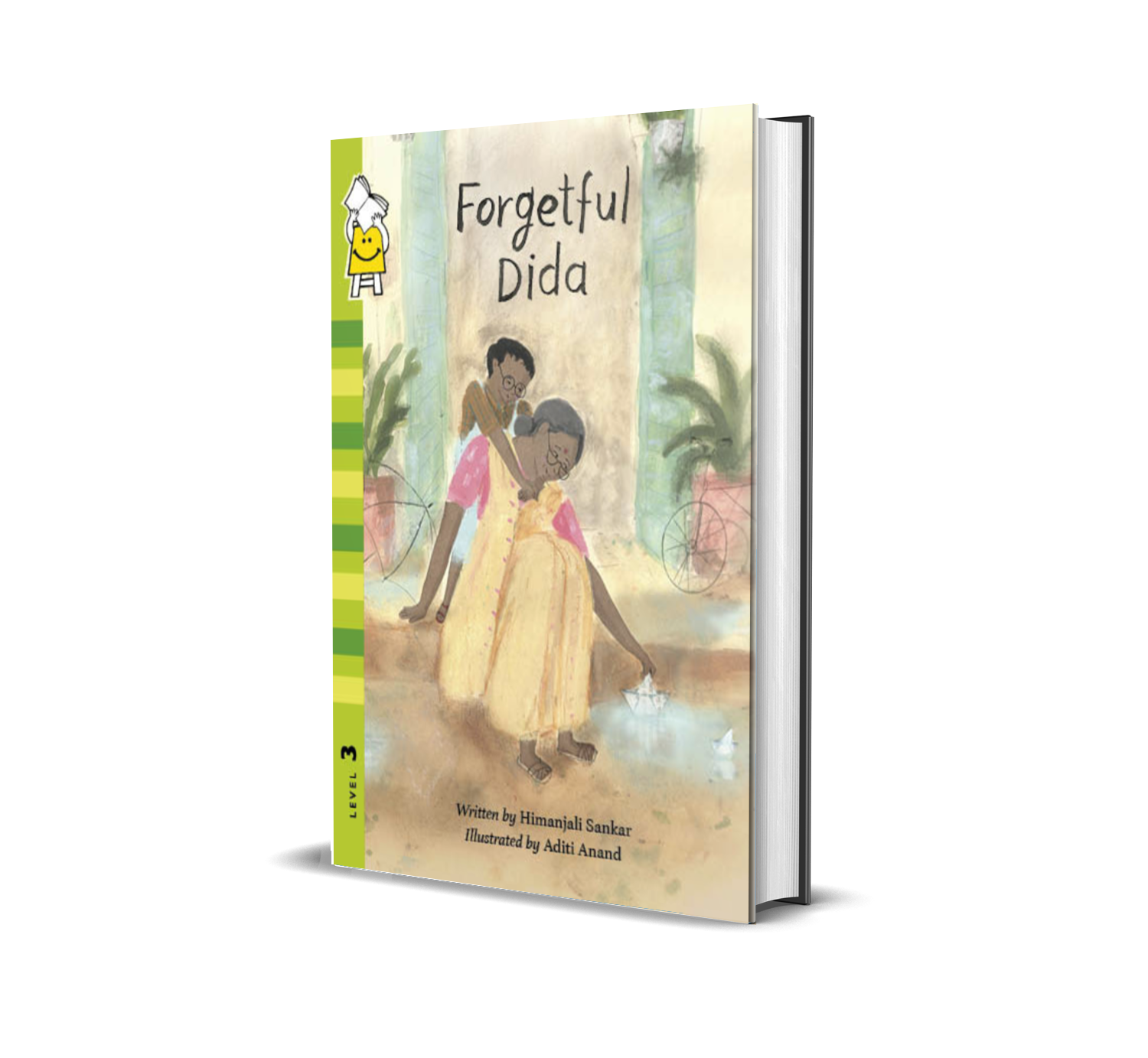Himanjali Sankar is an editor and writer. Her children's and YA books include The Stupendous Timetelling Superdog and Talking of Muskaan, which were shortlisted for the Crossword Book Award. Mrs C Remembers, her first novel for adults, won her the FICCI Publishing Award for Upcoming Author of the Year in 2018. Her first picture book for children, Forgetful Dida, was published recently in April 2024. Himanjali Sankar has also served as Editorial Director for Simon & Schuster India and as an Associate Publisher for Bloomsbury India. She has also been a faculty of English Literature for undergraduate students at the University of Indianapolis; USA. Himanjali Sankar is currently working as a Freelance Editor taking up independent projects.
In an exclusive interview with Nitish Raj; Editor-in-Chief, Today Magazine; the award-winning author and editor talks about her journey as a writer and the roles and responsibilities of an editor in various capacities.
Q.1 How has been your journey from an author to a Freelance Editor now?
HS: It’s not really been a journey from point A to point B as such and hoping there’s more left before the destination (whatever it may be) is reached! As a journey though it’s definitely not been linear (it never is, is it?), all my selves are mixed up, that of being an author and editor and everything else that I am and might be. I am enjoying the journey without focusing overtly on each step of the way and hopefully giving my best and fullest to each.
Q.2 How much it is different as an author to write books for children as compared to the books meant for the general public?
HS: Personally, I find it easier to write for adults though it takes longer in terms of the time it takes simply because adult books are usually much higher when it comes to word count. I find children’s books need greater attention when it comes to plot and structure. Also, as an adult my understanding of adults when it comes to emotions and thoughts (in a generic sense) is more accurate than those of children. Of course, all adults have been children once but the way childhood is experienced now and language is used by and around children is different from how it was when I was growing up and that is something to keep in mind when one writes for children so one doesn’t sound obsolete.
Q.3 How was your experience of being a faculty of English Literature of the undergraduate students?
HS: I don’t quite enjoy teaching the way I do editing and writing so while it was great as an experience and I do always like engaging with young minds it’s never been my career of choice. My love for books is more instinctive than analytical which works better as an editor than as a lecturer.
Q.4 You have served as a Senior Editor for Scholastic India. What aspects you have to take care as an editor for academic books?
HS: I wasn’t working in the academic division in Scholastic but on general trade books. The interesting part about children’s books is the focus one needs to give to illustrations and page layout and not just the words and writing. When I first moved to Bloomsbury and the adult trade list it was strange at first to have pages and pages of text and no pictures!
Q.5 You have also served as Editorial Director for Simon & Schuster India. What suggestions would you give as an editorial director to the authors who wish to get their manuscripts accepted by the publishing houses in one go?
HS: Not sure about one go! You do need to be ready for rejections and rewriting if you are choosing to be a writer. It is a good idea to reach out to literary agents and sign up with one if possible simply because they will already be in touch with editors and familiar with their tastes and know how publishing houses function. It is also fine to write to publishers directly with a well-thought-out proposal and three chapters but editors tend to be busy and manuscripts do get overlooked occasionally so ideally reach out to more than one publishing house by email through their website.
Q.6 You have also served as an Associate Publisher for Bloomsbury India. How does your role differ as an associate publisher from an editorial director?
HS: It is quite similar, to be honest, but just that as an editorial director you are responsible for all the books being published by the company not just the ones you commissioned so the sense of ownership is more. And of course, you engage more with other teams whether it is marketing or sales as you get more senior in any industry. The work you are putting in is correspondingly higher but in a way that is interesting and satisfying.
Q.7 What are the parameters on which to accept a manuscript for editing purpose as a freelance editor?
HS: I do look at the subject matter and content and make sure the book is one I would be excited to work on. I would have an initial conversation with the author to make sure we are on the same page. And then of course rates and timelines come into play.
Q.8 What are your upcoming books as an author?
HS: I am excited about my forthcoming book, The Burnings, which will be published by Pan Macmillan in a few months’ time. I have also recently written a middle-grade novel for children which might be published next year. There is one more book on a financial scam that I am co-writing with a friend and hoping it works out too.






